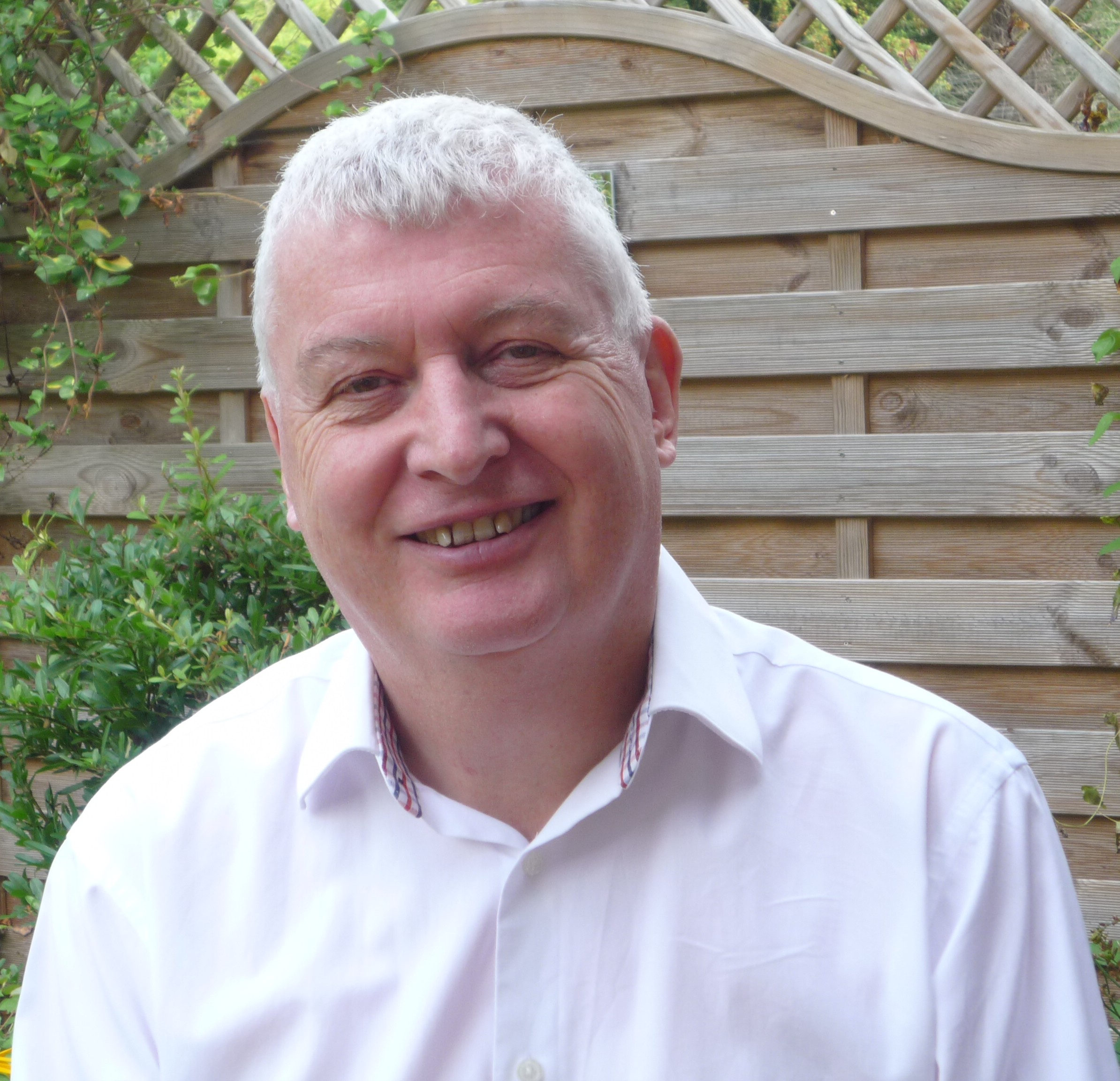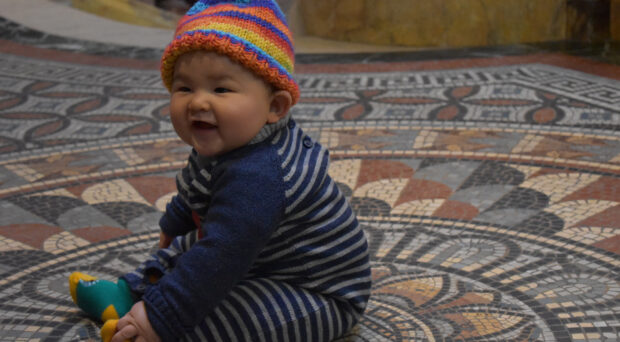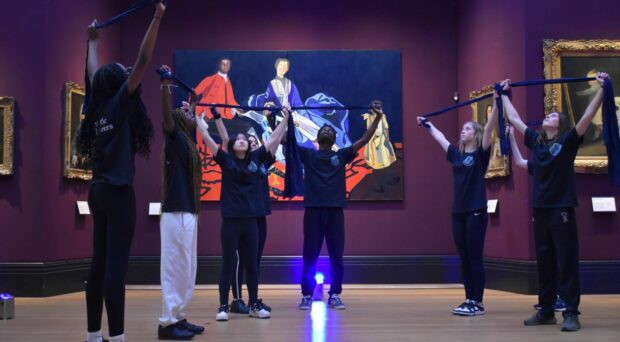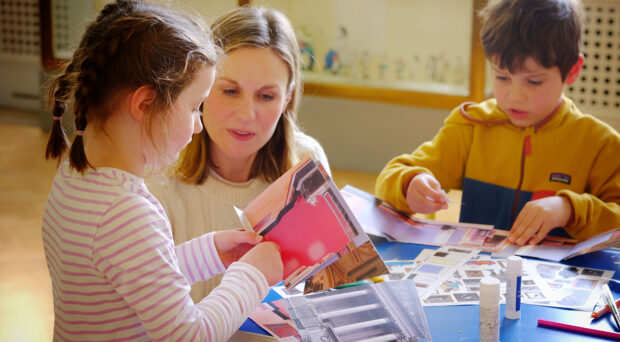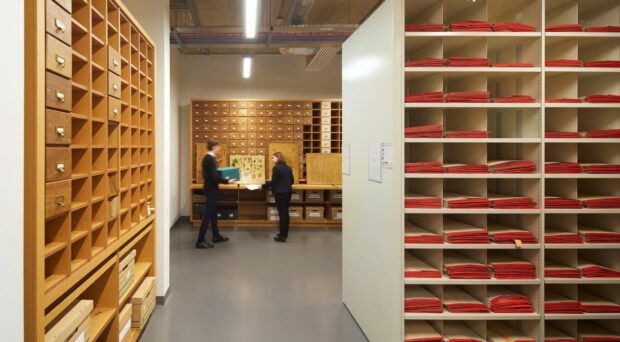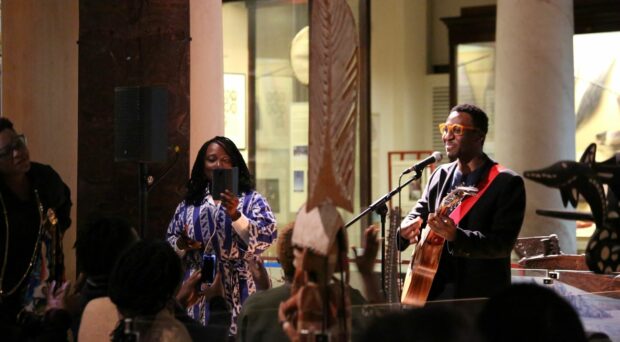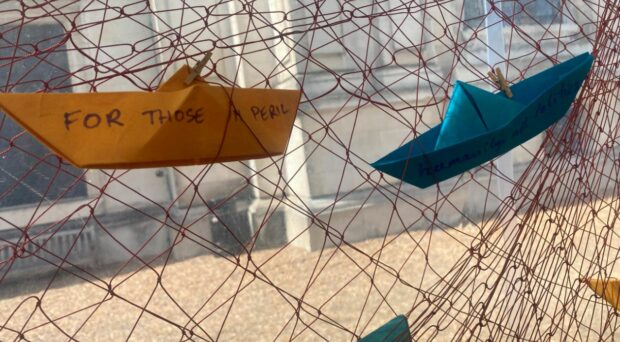The Museum of Classical Archaeology‘s Bridging Binaries tours seek to unearth some of the many LGBTQ+ themed stories from antiquity. But for tour guide, Colin, it’s not just about storytelling. There’s a personal resonance too.
I first started visiting the Museum of Classical Archaeology some ten years ago, to practice my drawing skills. The range of statues, busts and friezes is an excellent resource for such an activity, particularly for amateurs like me. I knew nothing about Classical Antiquity – other than the fact that a lot of beautiful statuary was produced then. My focus was on the objects, rather than the stories behind them, so I learned very little at first.
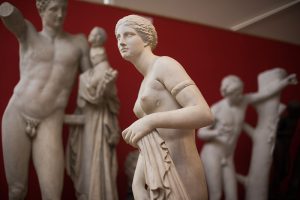
My knowledge increased a little when I signed up as a general volunteer, about four years ago. Helping with activities during school holidays did go some way to improving my knowledge. But if I say that many of the primary school children knew a lot more than me, you’ll see that I wasn’t exactly on the steepest of learning curves!
But this changed drastically in 2018, when I signed up as a volunteer guide for the Bridging Binaries, LGBTQ+ museum tours. Step one was studying the ample background information collated by Dan Vo, the talented architect of the LGBTQ+ Museum tours, first at the V&A and then across lots of other UK museums. Step two was honing that information into a framework for the tour that I would be leading.
To say there are a lot of queer stories in Classical Antiquity would be an understatement. Myth, reality, homosexual, bisexual, transgender,intersex…there’s something for everyone! But that also means there’s not enough time to cover everything, hence the need to select. Each guide decides their own content and takes their own approach to their tour.
In my case, I aim to cover quite a broad field but I will always finish with the story of Hadrian and Antinous. The tale of their relationship, its tragic end, and Hadrian’s subsequent memorialising of Antinous is a beautiful one in its own right. But it also has a deeper resonance for me.
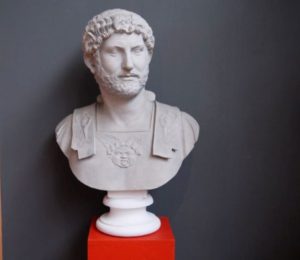
As a gay man, I cannot deny that I enjoy a good tale about the love of two men. But there’s more to it than that. I grew up in the North East of England. My grandparents lived a short drive from Hadrian’s Wall. And yet, for the greater part of my life, the main thing I knew about Hadrian was that he built a long wall ‘up North’.
I’m 67-years old. I came out when I was 23. But it’s only in the past few years that I discovered that Hadrian and I batted for the same team – albeit some two millennia apart! And he loved Antinous so much that he implemented a vast programme that would see his lover immortalised across the immensity of the Roman empire. Probably even as far as Hadrian’s Wall. But not once did I hear about this during my countless visits to the numerous sections of his wall over the decades of my life.
So, as an ex-Geordie gay man, I have a sort of ‘why wasn’t I told’ interest in Hadrian. But as a member of the wider LGBTQ+ community, I see a far more important issue. And that’s about LGBTQ+ visibility – or lack thereof.
The modern LGBTQ+ rights movement has fought to increase our visibility on many fronts– from the media and the arts to the workplace and education. People need to see that we exist in all areas of society.
But my newfound knowledge of LGBTQ+ antiquity – and particularly my newfound knowledge of Hadrian -has made me realise the importance of LGBTQ+ visibility in the past as well as the present.
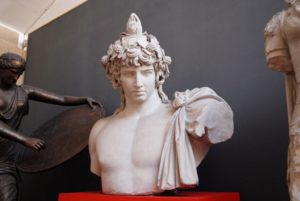
Some of the most famous people in history were queer. Some of the most intrepid explorers, extraordinary achievers – and appalling tyrants – were queer. But that particular aspect of their lives has generally been wiped from history. And as a gay man I can’t help but take it personally, as it feels a little like I’ve been deprived of some of my legacy. Especially when it relates to a ‘local hero’ that I’ve grown up with.
And that’s why it makes initiatives like the Bridging Binaries tours so important. They’re not just uncovering history, they’re restoring LGBTQ+ visibility. And sometimes that visibility can be remarkably close to home!
We’d like to add that it’s thanks to Colin that the Museum of Classical Archaeology team first embarked on developing their Queer Antiquities museum trail. The trail ‘hit the shelves’ for LGBTQ+ History month in 2018 and has been available to pick up in the Museum ever since.

